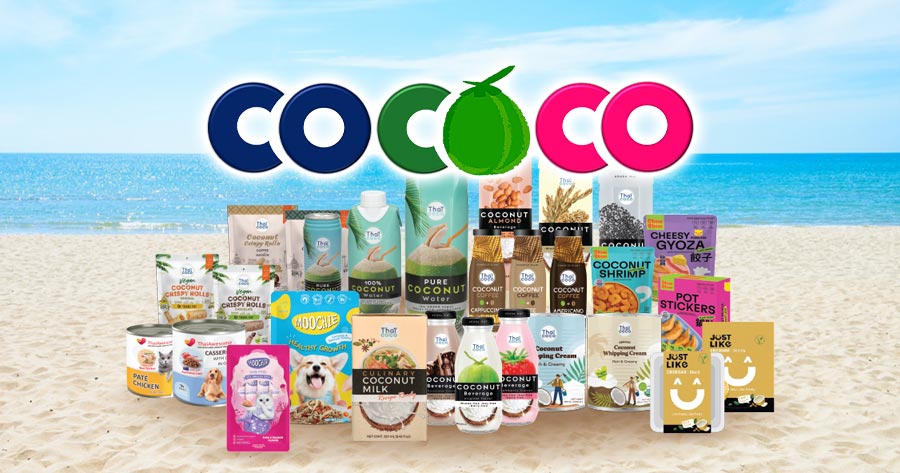Dr. Worawat Chinpinkyo, Chief Executive Officer of Thai Coconut Public Company Limited (SET: COCOCO), stated that the company is pushing for sustainable growth, both in environmental, social, and governance (ESG), and expansion into the high-potential global market.
COCOCO is accelerating its manufacturing rate to deliver products to its customers effectively and addressing the demand of consumers who focus on health, convenience, and quality. This is to advance Thai coconuts processed products into becoming one of essential export products that generate long term sustainable revenue.
The company anticipated that its overall business trend in the latter half of the year would remain strong mainly due to orders from the international market that has been growing and favoring the aromatic young coconut (Nam Hom coconut).
Furthermore, since COCOCO also views the health trend as a long term business opportunity, the company decided to expand the international customer base, advance the product innovation, and increase the manufacturing efficiency. This is to support the growing demand, especially from China, Europe, the U.S., and the Middle East.
COCOCO also sees the potential of the Chinese market due to its favour on premium coconut water, especially those originated from Thailand. Chinese consumers also have a high preference for aromatic young coconut due to its sweet aroma and quality. Therefore, the company is confident in its manufacturing expansion to support demand in the export market.
Dr. Worawat stated that COCOCO is aiming on expanding the international customer base continually, using the strength of aromatic young coconut as the selling point, coupled with the distribution through E-commerce, and the modern trend.
Thai Premium Street Food Company Limited, COCOCO’s subsidiary, is also manufacturing food products from Thai fruit to “support the soft power by food innovation produced from Thai raw material” and providing service according to original equipment manufacturer (OEM) contract.
The products are expected to be delivered to international partners, including Switzerland, China, Australia, and New Zealand by around the second or the third quarter of 2025.




